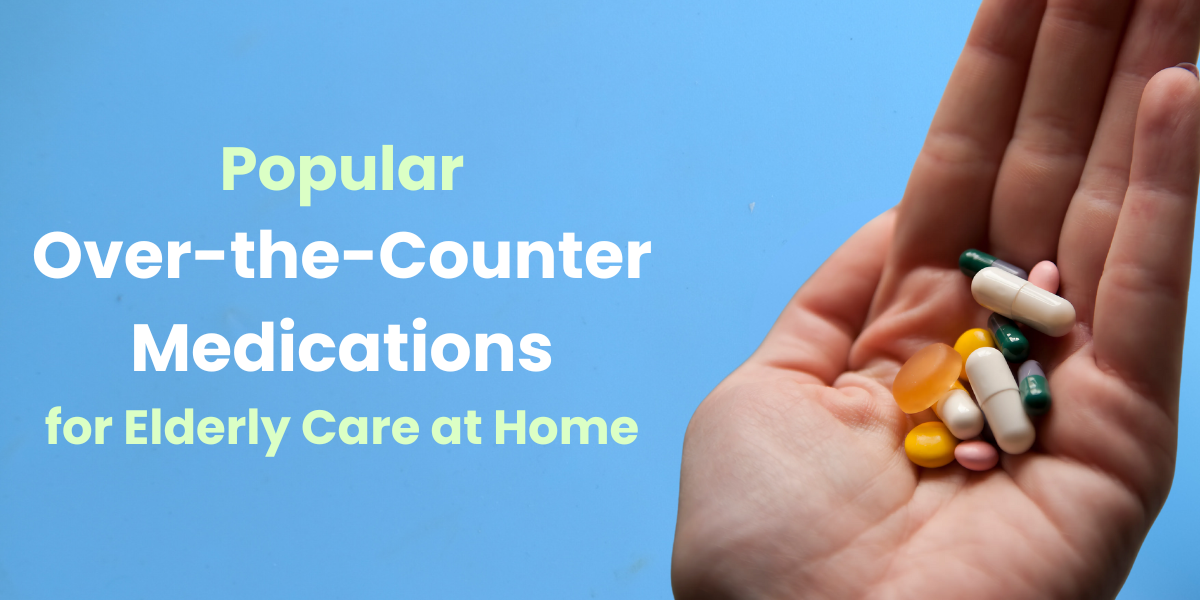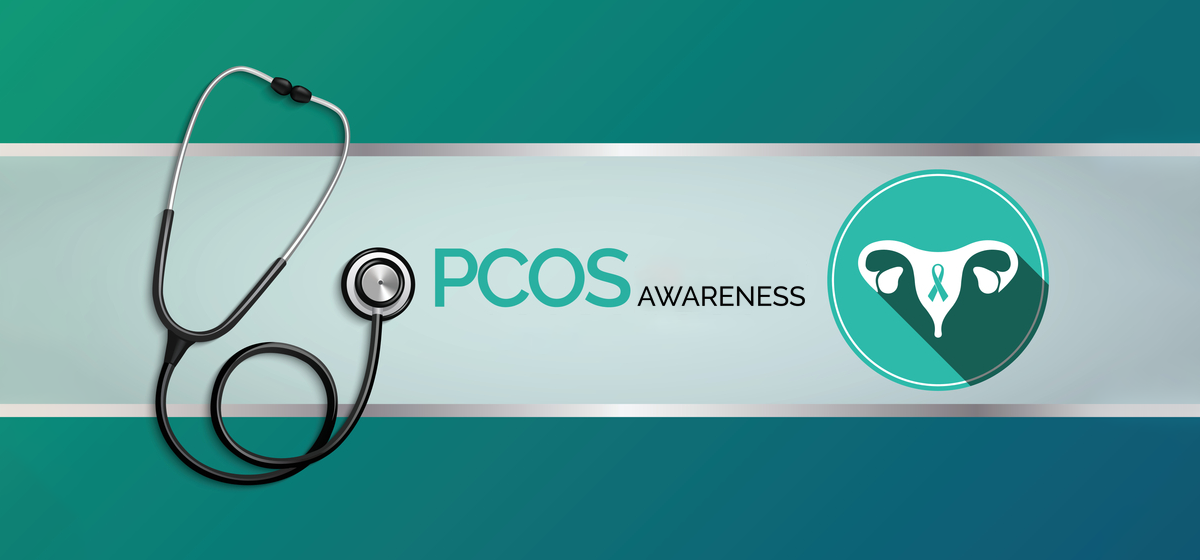In elderly care, managing common health concerns at home often involves the use of over-the-counter (OTC) medications. These easily accessible remedies help address a variety of symptoms, from pain to digestive issues. However, it’s important to know which OTC medications are safe and effective for seniors, considering their unique health needs. In this article, we’ll explore popular OTC medications commonly used in elderly care, providing guidance on their safe use.
1. Pain Relief Medications
One of the most common issues in elderly care is managing pain, particularly from conditions like arthritis, muscle soreness, or joint pain. OTC pain relievers can be effective, but not all are safe for seniors.
- Acetaminophen (Tylenol): Acetaminophen is generally recommended as a safer option for elderly care because it effectively reduces pain and fever without irritating the stomach. However, it’s important to follow dosing instructions carefully, as overuse can lead to liver damage.
- Ibuprofen (Advil, Motrin): While ibuprofen is effective for pain and inflammation, it can irritate the stomach and potentially cause kidney issues. It should be used cautiously in elderly care, particularly for those with a history of ulcers or kidney problems.
2. Digestive Aids
Digestive issues such as constipation, indigestion, and acid reflux are common in the elderly. Several OTC medications can provide relief.
- Antacids (Tums, Maalox): Antacids are commonly used to neutralize stomach acid and relieve heartburn. They are generally safe but should not be used excessively, as they can interfere with nutrient absorption over time.
- Laxatives (Miralax, Metamucil): Constipation is a frequent concern. Osmotic laxatives like Miralax are gentle on the system and can help relieve constipation. Fiber supplements like Metamucil also aid in regular bowel movements and promote gut health.
3. Allergy and Cold Medications
Allergies, colds, and congestion are common, especially in the elderly, who may have weakened immune systems.
- Loratadine (Claritin): Loratadine is an antihistamine commonly used to treat allergy symptoms. Unlike older antihistamines, it’s non-drowsy, making it a safer choice for seniors in elderly care.
- Saline Nasal Sprays: For seniors dealing with nasal congestion or dryness, saline nasal sprays offer gentle relief without the risks associated with decongestants like pseudoephedrine, which can raise blood pressure.
4. Topical Ointments and Creams
Topical treatments are often used in elderly care to relieve muscle pain, joint discomfort, and skin conditions.
- Capsaicin Cream: Capsaicin-based creams are widely used to relieve arthritis pain by reducing the sensation of pain signals from nerves. It is effective for long-term use but can cause a mild burning sensation when first applied.
- Hydrocortisone Cream: For mild skin irritations, rashes, and insect bites, hydrocortisone cream can help reduce inflammation and itching. It’s a common OTC treatment used in elderly care to address skin-related issues.
5. Sleep Aids
Sleep disturbances are common in seniors, and certain OTC medications can provide short-term relief.
- Melatonin Supplements: Melatonin is a natural sleep aid that helps regulate the sleep-wake cycle. In elderly care, it’s often preferred over stronger medications that can cause grogginess or dependence.
Precautions in Using OTC Medications for Elderly Care
While OTC medications are useful, it’s important to consult a healthcare provider before starting any new treatment in elderly care. Seniors may be more susceptible to side effects or drug interactions, especially if they are taking prescription medications. It’s also important to use these medications only as directed and avoid long-term reliance without medical supervision.
Conclusion
Over-the-counter medications play an essential role in elderly care, helping to manage common symptoms like pain, digestive issues, and allergies. However, it’s crucial to choose the right medications, keeping in mind potential side effects and drug interactions. Always consult with a healthcare professional to ensure that the selected OTC medications are safe and appropriate for elderly patients. With the right approach, OTC medications can be a helpful tool in managing elderly care at home effectively.





